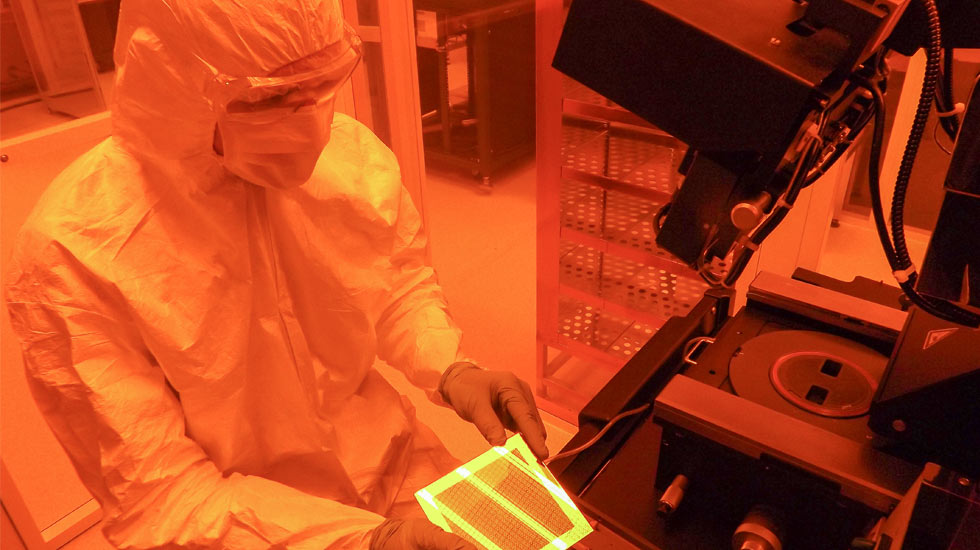Radiological Science and Health Physics refers to the utilization of beneficial uses of radiation and the protection of humans and their environment from its harmful effects.
Research Themes
Space Radiation Protection
The space radiation environment poses risks to the health of crew and electronics involved in near-Earth and deep space missions. Galactic cosmic rays, Solar energetic particles, and trapped belt radiation are environments unlike any experienced on Earth, and as such require unique solutions for mitigating their effects. Research conducted by UTNE faculty focus on characterization of the space radiation environment through measurements both here on Earth and in space, radiation transport calculations, shielding and habitat design, and space weather forecasting.
Isotope Production
Short-lived and long-lived isotopes are used in a variety of applications, such nuclear batteries, radioisotope power sources, medical imaging, radiotherapy, and well logging. Many of these isotopes are in high demand and require new methods of production or implementation to meet that demand. Research conducted by UTNE faculty explores new and novel methods for producing medical isotopes used for radiotherapy, including novel methods of irradiation using accelerators and reactors, and improved methods for radiochemical separations.
Radiation Detection and Dosimetry
Improved methods of radiation detection to enable the accurate detection of low-level or hidden sources of radiation, as well as detection in high-level radiation fields, are critical needs for the advancement of detection technology. Those improved methods include the development of new detector materials, characterization of the responses of those materials, improved signal processing, and improved algorithms used for analysis. UTNE faculty are at the forefront of those research thrusts over a wide range of applications, including nuclear security, decommissioning, and health physics.
Research Centers
The Nuclear Space Science Consortium
The UT Nuclear Space Science Consortium is comprised of faculty from the Nuclear Engineering Department, the UT Space Institute, Electrical Engineering and Computer Science, Earth and Planetary Science, and the Civil Engineering Department. The primary focus is on the application of nuclear technology for missions in space, such as the development of nuclear thermal propulsion, radioisotope thermoelectric generators, surface reactors, characterization of the space radiation environment, radiation protection, and planetary geology. Other research interests include the monitoring of Earth from low-Earth and near-Earth orbit, radiation dosimetry, and design of instrumentation for deep space missions.
